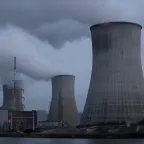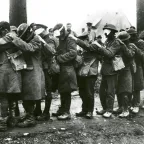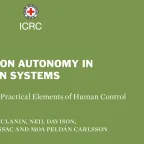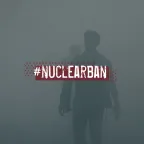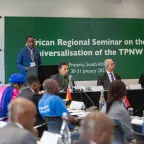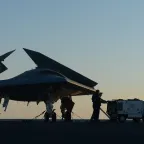How humanitarian law applies to armed conflict and nuclear power plants
… When hazardous sites like nuclear power plants become battlegrounds, the … they pose if they are damaged or targeted, nuclear power plants and other installations … placing military objectives, such as troops, weapons or military vehicles, in or near …

